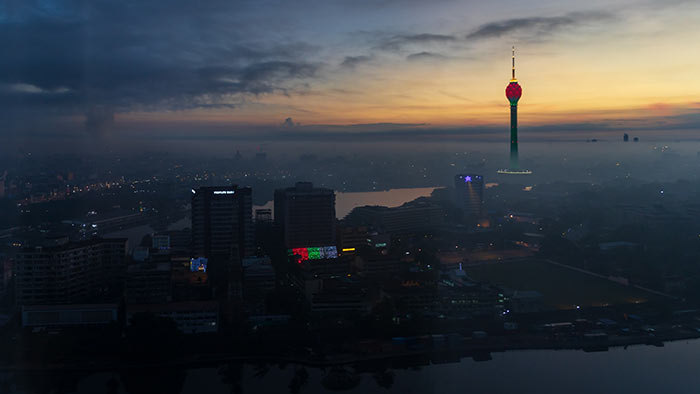Sri Lanka’s debt repayments to be suspended until 2028 – Nikkei Asia Reports

Photo credits: unsplash
Nikkei Asia reports that Sri Lanka and a consortium of its creditors are currently in the final stages of negotiations to postpone debt repayments until 2028.
This move, learned by Nikkei, comes as various creditor nations, including Japan, aim to curtail the expansion of China’s influence within the financially strained island nation.
According to Sagala Ratnayaka, Sri Lanka’s national security adviser to the president, in a recent interview with Nikkei, “Negotiations [with the creditor nations] have concluded. We are hoping that it [a detailed announcement] will take place in the next few weeks.” Ratnayaka disclosed that the proposed repayment period spans 15 years, from 2028 to 2042, with an adjusted interest rate hovering around 2%. Despite Sri Lanka’s request, Ratnayaka clarified that there would be no further debt reduction.
Sri Lanka initially declared a temporary halt to public external debt payments in April 2022, effectively entering default status. Subsequently, a meeting of creditor nations was convened in April 2023, with Japan, the largest creditor nation following China, spearheading the discussions alongside India and France.
An essential accord has been reached between Sri Lanka and the creditor nations regarding a moratorium on repayments and a reduction in interest rates. Furthermore, the disbursement of financial aid from the International Monetary Fund (IMF), contingent on the negotiation of debt restructuring terms with major creditor countries, has commenced.
Although China, as the primary creditor, has only participated in the meetings as an observer, Ratnayaka suggested that the restructuring of debts owed to China via loans from the Export-Import Bank of China would be comparable. “We have a saying which means ‘everyone will be treated equally,'” Ratnayaka stated, implying that the terms of debt repayment to China would mirror those agreed upon during the creditors’ assembly.
As of the close of 2023, Sri Lanka’s outstanding debt stood at $37.3 billion, with China accounting for $4.7 billion of the total.
In 2017, Sri Lanka ceded control of its southern Hambantota Port to China, a move widely interpreted as a quintessential example of a “debt trap,” wherein infrastructure concessions are granted amid delayed debt settlements. Several creditors, including Japan and India, remain vigilant against China’s encroachment into the Indo-Pacific, using Sri Lanka as a strategic foothold.
Ratnayaka asserted, “this is all purely commercial. There is nothing military [about the port agreement].” He emphasized Sri Lanka’s receptiveness to investments without discrimination based on country of origin, unless national security is compromised. However, he added, “But in the north and areas which would affect the security of India, we are conscious.”
Latest Headlines in Sri Lanka
- Sri Lanka raises daily wage of plantation workers to Rs. 1,750 January 30, 2026
- Sri Lanka expands Internal Affairs Units to 250 more state institutions January 30, 2026
- Three arrested over Rs. 17 Million Lanka Sathosa garlic scam January 30, 2026
- Businessman arrested over Rs. 30 Million money laundering case linked to former minister January 30, 2026
- Six police officers arrested over alleged priest assault granted bail January 29, 2026


